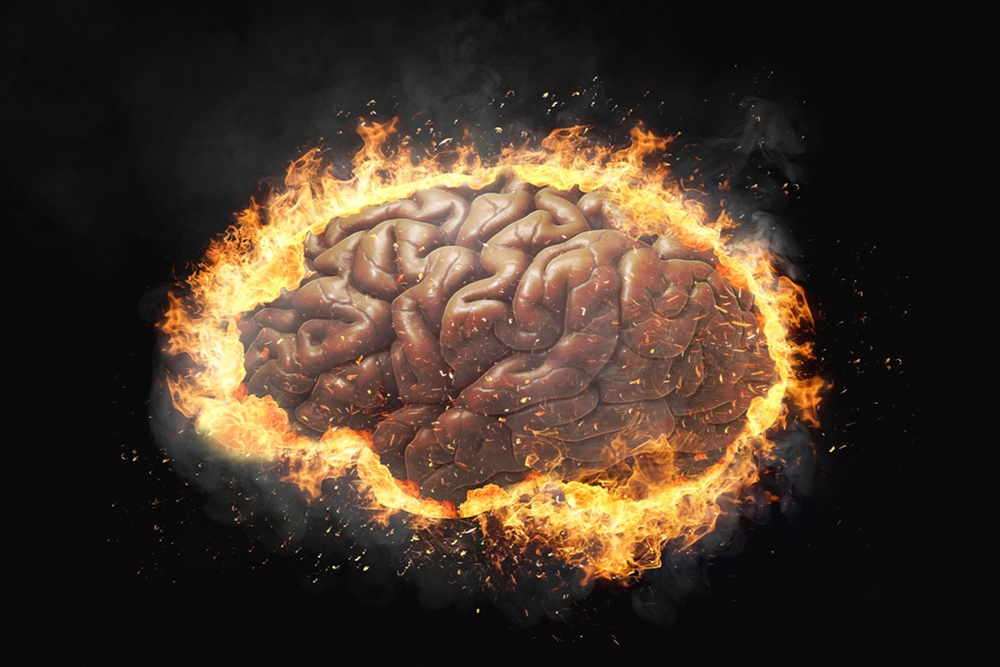This systematic review analyzed 34 studies investigating perceived stress in adults with epilepsy (PWE). The findings consistently show that PWE experience elevated levels of perceived stress compared to healthy individuals and many other clinical populations, with stress levels particularly high in those with drug-resistant epilepsy (DRE). Stress was frequently identified as a seizure trigger, and stressful life events—especially during periods like the COVID-19 pandemic—were associated with worsened seizure control. Various demographic and clinical factors were linked to increased perceived stress, including female gender, younger age, lower education, unemployment, psychiatric comorbidities, shorter epilepsy duration, and the use of polytherapy. Among these, depression emerged as the strongest and most consistent predictor of perceived stress.
Programs such as WebEase and biofeedback showed limited effectiveness, suggesting a need for more targeted and robust stress-management strategies. Additionally, PWE and individuals with functional seizures showed similarly high stress levels, likely due to shared experiences such as unpredictability, social stigma, and psychiatric burden. These findings support a growing view of epilepsy as a condition that operates within a chronic stress framework. Addressing stress as a core component of epilepsy management could help improve seizure control, reduce comorbid symptoms, and enhance overall quality of life for people with epilepsy.
Reference: Catalán-Aguilar J, González-Bono E, Cano-López I. Perceived stress in adults with epilepsy: A systematic review. Neurosci Biobehav Rev. 2025 Mar;170:106065. doi: 10.1016/j.neubiorev.2025.106065. Epub 2025 Feb 15. PMID: 39961554.









